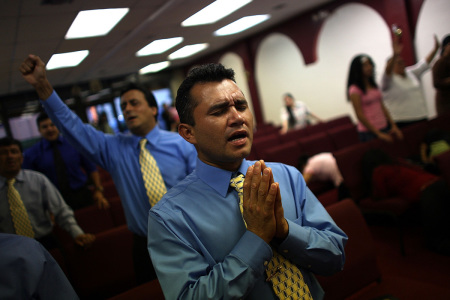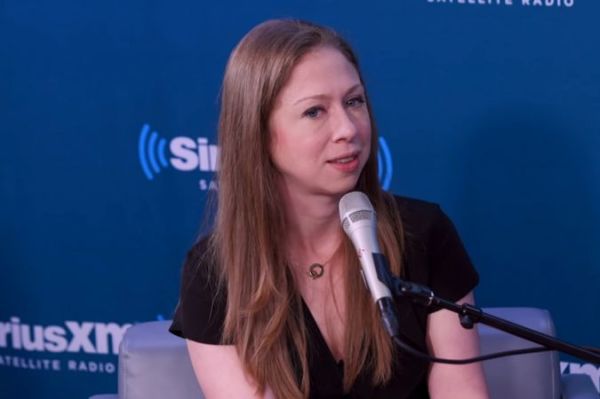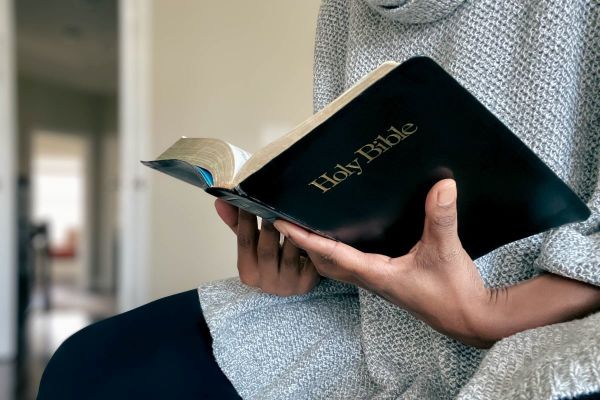Nearly one-third of Hispanics identify as ‘religiously unaffiliated’: Pew

Nearly one-third of Hispanics in the United States identify as “religiously unaffiliated,” a sharp increase compared to a decade ago, according to a new report by Pew Research Center.
In a report released Thursday morning, Pew found that 30% of Hispanic respondents identified as “religiously unaffiliated,” which was defined as respondents “describing themselves as either atheist, agnostic or ‘nothing in particular.’”
This was a considerable increase compared to 2010, when Pew found that 10% of Hispanics identified as religiously unaffiliated, or 2013 when 18% identified as religiously unaffiliated.
Pew also found that the percentage of Hispanics who identified as Catholic had fallen sharply, going from 67% in 2010 to 43% in 2022. Nevertheless, Catholics remained the largest religious group among Hispanics, who were twice as likely as the general U.S. population to identify as Catholic.
The population of Hispanic Evangelical Protestants remained relatively stable, however, going from 12% in 2010 to 15% in 2022. Non-Evangelical Protestants represented 7% of the 2022 population, while “other faiths” represented 4%.
“Protestants are the second-largest faith group after Catholics, accounting for 21% of Hispanic adults, a share that has been relatively stable since 2010,” stated the report.
“During this time, Hispanic Protestants consistently have been more likely to identify as Evangelical or born again than to say they are not born again or Evangelical.”
The Pew report drew from a panel wave (a set of surveys given to a panel) conducted from Aug. 1-14, 2022, with a full sample of 7,647 respondents with a margin of error of plus or minus 1.7 percentage points. The respondent total included 3,029 Hispanics, drawn from Pew’s American Trends Panel and Ipsos’ KnowledgePanel.
The report also found that 49% of Latinos aged 18-29 identified as religiously unaffiliated, and 20% of Latinos aged 65 and older responded the same. Hispanics aged 50-64 were the least likely to identify as religiously unaffiliated, with 18% identifying as such.
Nearly a third of Hispanics with Central American origins (31%) identified as Evangelical Protestant, which was much higher than Hispanics with origins in Puerto Rico (15%) or Mexico (12%).
Religious differences in the Hispanic community could also be found in politics, as half of Evangelical Protestant Latinos identified as Republican, while 66% of religiously unaffiliated Latinos and 72% of Catholic Latinos identified as Democrat.
Hector Avalos, the-late atheist author and professor of Religious Studies at Iowa State University, wrote an op-ed published by The Christian Post in 2018, noting that research at the time indicated an increase in “nones” among American Hispanics.
Avalos, who died in 2021, noted at the time that “the rise of the Latino nones is not new to those of us who study Latino literature, where some of the first signs of this shift were taking place in the 1950s and 1960s.”
“Already in Pocho (1959), reputed to be the first Mexican American novel, José Antonio Villarreal (1924-2010) relates the story of Richard Rubio, a boy who becomes an atheist as he becomes more educated and assimilated into American culture,” he wrote.
“In the 1960s, more Mexican American authors became openly critical of religion. Works by Oscar Zeta Acosta, (e.g., The Revolt of the Cockroach People, 1973) trace his rejection of Christianity and religion altogether.”
Avalos added that, historically, “secularism first becomes visible among the most educated segments of the population” and pointed to the example of the growth of secularization within Western Jewish circles.
“Shmuel Feiner's The Origins of Jewish Secularization (2010) traced the beginnings of Jewish secularization to a small group of elite writers and intellectuals in Western and Central Europe,” Avalos wrote at the time. “Their ideas eventually spread to wider audiences. Something similar has been happening among Latinos as they become more educated.”
In recent years, much has been made about the rise of religiously unaffiliated Americans, also known as nones, with large numbers of young adults not identifying with any religious group.
Nevertheless, some recent studies, among them a Gallup report from last year, indicated with the general population increase in nones was starting to slow down.
Gallup Senior Scientist Frank Newport wrote an analysis last December that found the growth of religiously unaffiliated Americans had “stabilized” since 2017.
“An average of 20% or 21% of Americans in Gallup surveys in each of these years say they don’t have a formal religious identity. We are not seeing the yearly increases that occurred in previous decades,” he wrote.
“Most of these operate on the assumption that the percentage of nones is continually rising — part of a general trend toward secularization in U.S. society. Our trend on religious identity suggests some caution in assuming that these trends are inexorable.”





















